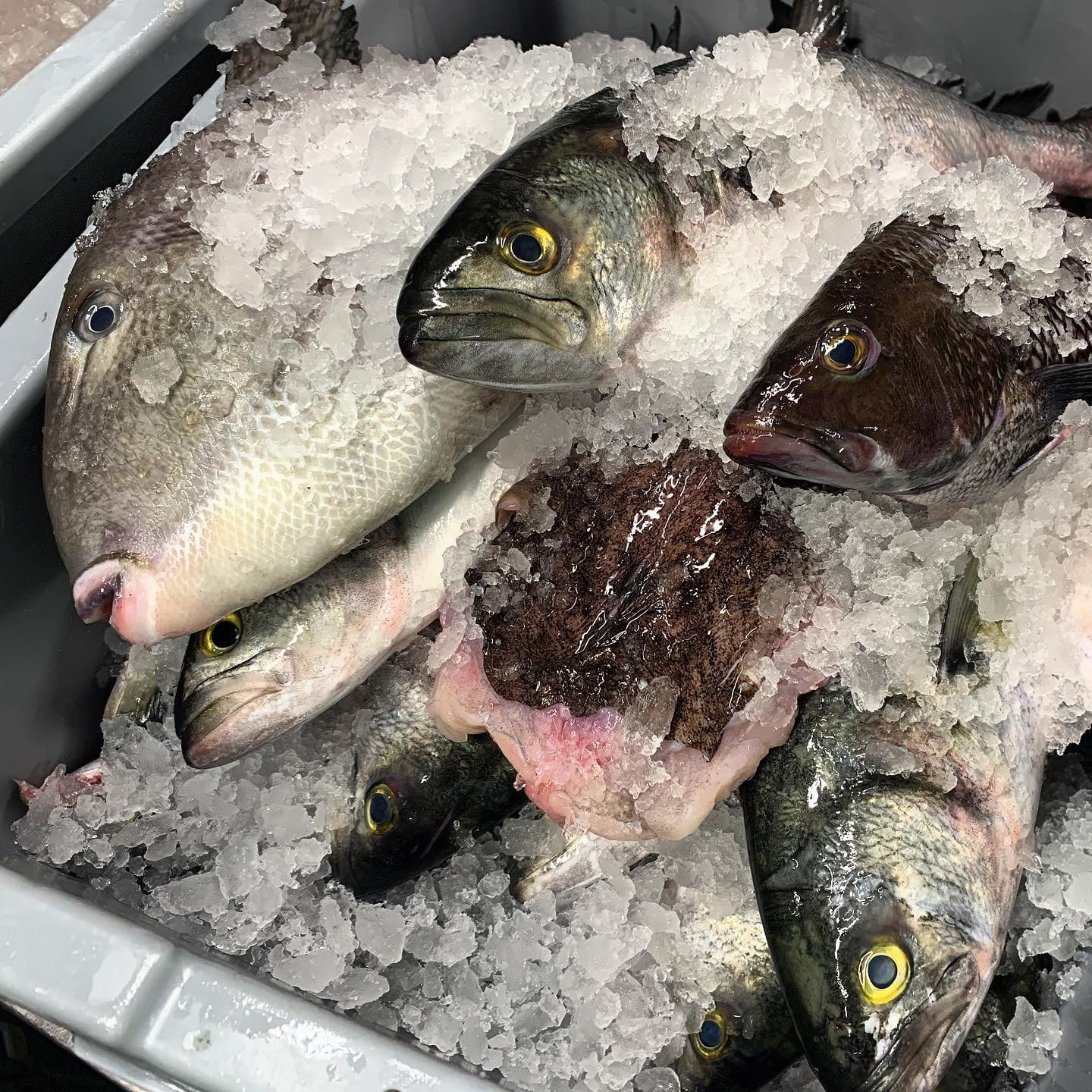NOAA Fisheries this week released its draft National Seafood Strategy for a month-long public comment period running to March 16.
The document “underscores NOAA’s strong commitment to seafood sector resilience” and the Biden administration’s “goals for economic recovery, environmental sustainability, and climate resilience,” according to the agency announcement.
The “White House Conference on Hunger, Nutrition, and Health points to the need for increased seafood consumption in the United States, which this strategy aims to address,” says NOAA. “The strategy also responds to the unprecedented challenges facing the U.S. seafood industry, including climate change, the coronavirus pandemic, new technologies and other ocean uses, and significant labor shortages and aging infrastructure.”
The plan proposes these priorities:
- U.S. seafood continues to be produced sustainably.
- The U.S. seafood sector contributes to the nation’s climate-ready food production and to meeting critical domestic nutritional needs.
- U.S. seafood production increases to support jobs, the economy, and the competitiveness of the U.S. seafood sector.
- Supply chains and infrastructure are modernized with more value-added activity in the United States.
- Opportunities are expanded for a diverse and growing seafood workforce.
To achieve those ends NOAA says it will be “focusing on four goals: Sustain or increase sustainable U.S. wild capture production; increase sustainable U.S. aquaculture production; foster access to domestic and global markets for the U.S. seafood industry; and strengthen the entire U.S. seafood sector.”
Written comments may be submitted online until March 16. NOAA will host two online virtual listening sessions on March 2 and 9 to present the draft strategy and gather input. The agency will schedule additional consultations with Tribal nations on request.
Listening Session 1: March 2, 2023, 2pm (EST)/11am (PST)/5am (ChST)
Listening Session 2: March 9, 2023, 5pm (EST)/2pm (PST)/8am (ChST)







